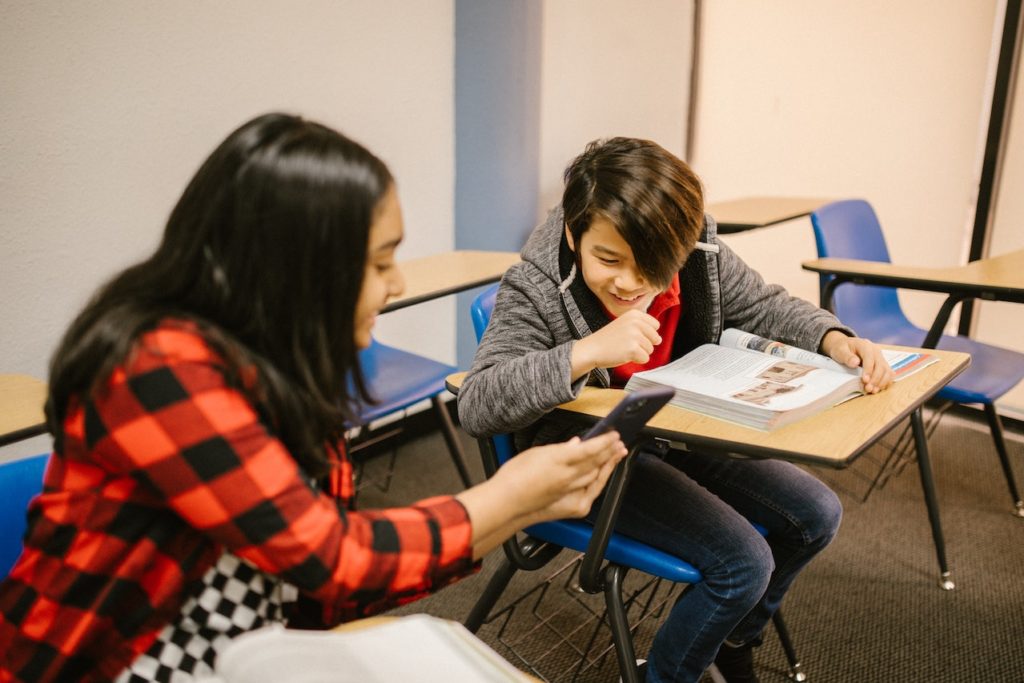E-safety training is a high priority for schoolteachers, as a new survey reveals that cyberbullying is causing real concern among staff.
But teachers are advised that simply banning smartphones and blocking particular internet sites is not an effective long-term solution.
Some 91% of secondary school teachers and 52% of primary school teachers surveyed reported that pupils have experienced cyberbullying. Although most teachers (87%) were confident that pupils were safe from internet harm at school, only 58% felt that their pupils had the skills and knowledge to use the internet safely at home.
The survey of 1,300 teachers was commissioned by Vital, The Open University’s Professional Development Programme for teachers, which is funded by the Department for Education.
The survey analyzed primary and secondary school teachers’ attitudes towards internet safety and the use of social networking and smartphones, finding that teachers today face new challenges in managing pupils’ use of these technologies.
80% of secondary school teachers feel there is a growing problem in schools with pupils’ phones which allow access to the internet and social networking sites.

The most common form of cyberbullying is via social networking sites, and most teachers feel that these sites should be banned during the school day.
I have great sympathy for hard-pressed teachers, but collecting mobile phones in a cardboard box at the school gate is not the answer. The technology is not going away.
Schools need to focus on helping pupils and teachers to get the best from smartphones and other technologies, whilst also developing responsible behaviors and learning patterns.
Nearly all of the teachers surveyed said that their schools have an internet safety policy and although many use social networks themselves, this was an area where the fewest number of teachers felt confident in advising pupils.
A quarter of primary and half of secondary teachers felt that staff had received inadequate e-safety training.
Cory Doctorow, technology lecturer at The Open University, also warned it was important to respect the “online privacy” of pupils too.
“If we want to teach children to value their privacy online, we must start by treating their online privacy as valuable when it comes to monitoring their usage.
Rather than punishing them for detecting and evading the filters we put before them, we should be teaching pupils to think critically about how their activity on the net can come under surveillance, every time they go online.”
The findings showed a “significant” number of teachers, particularly those in secondary schools, wanted or needed more support dealing with e-safety and said schools needed to focus on appropriate staff development.